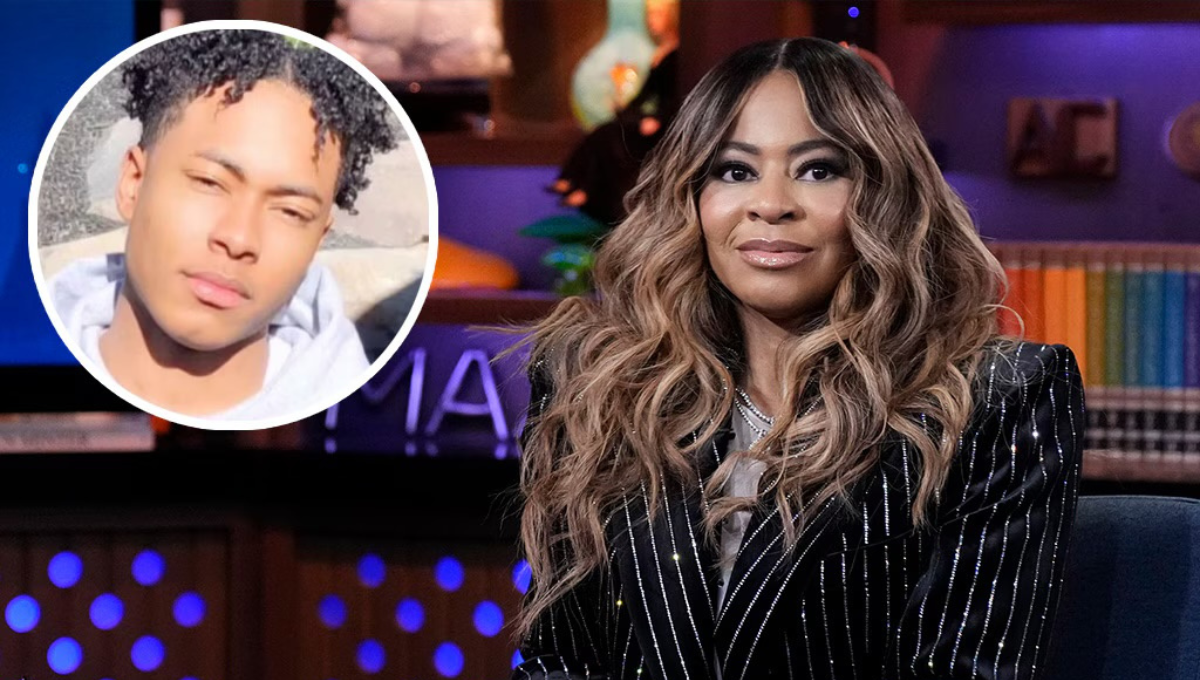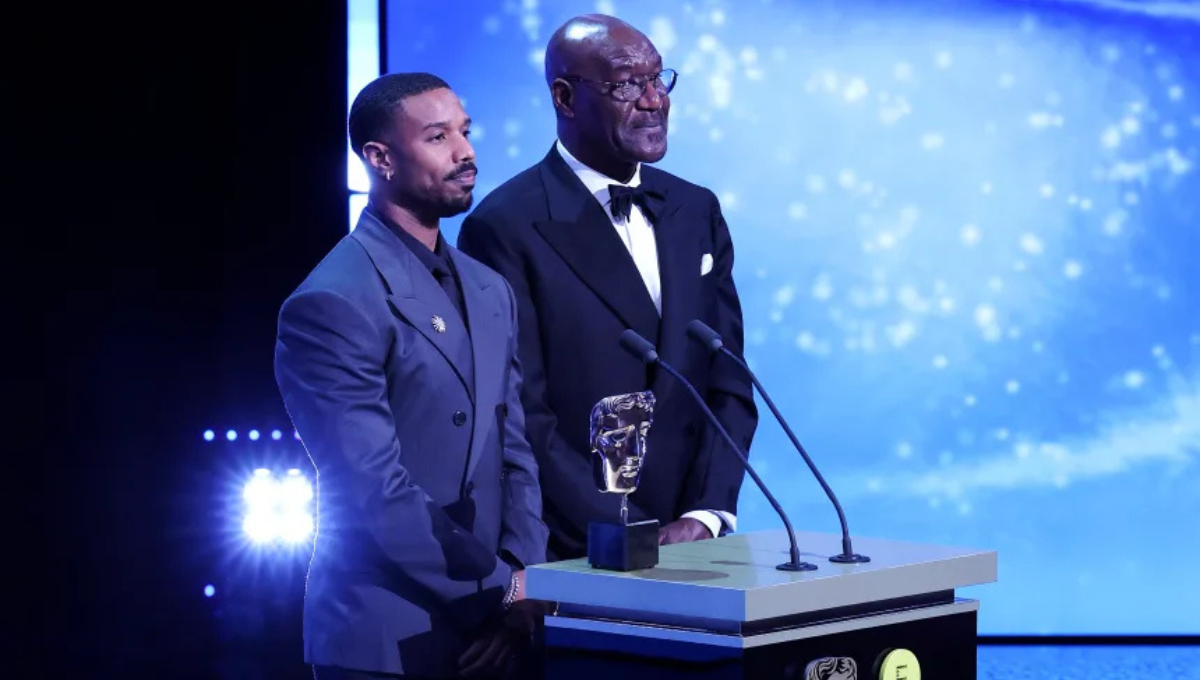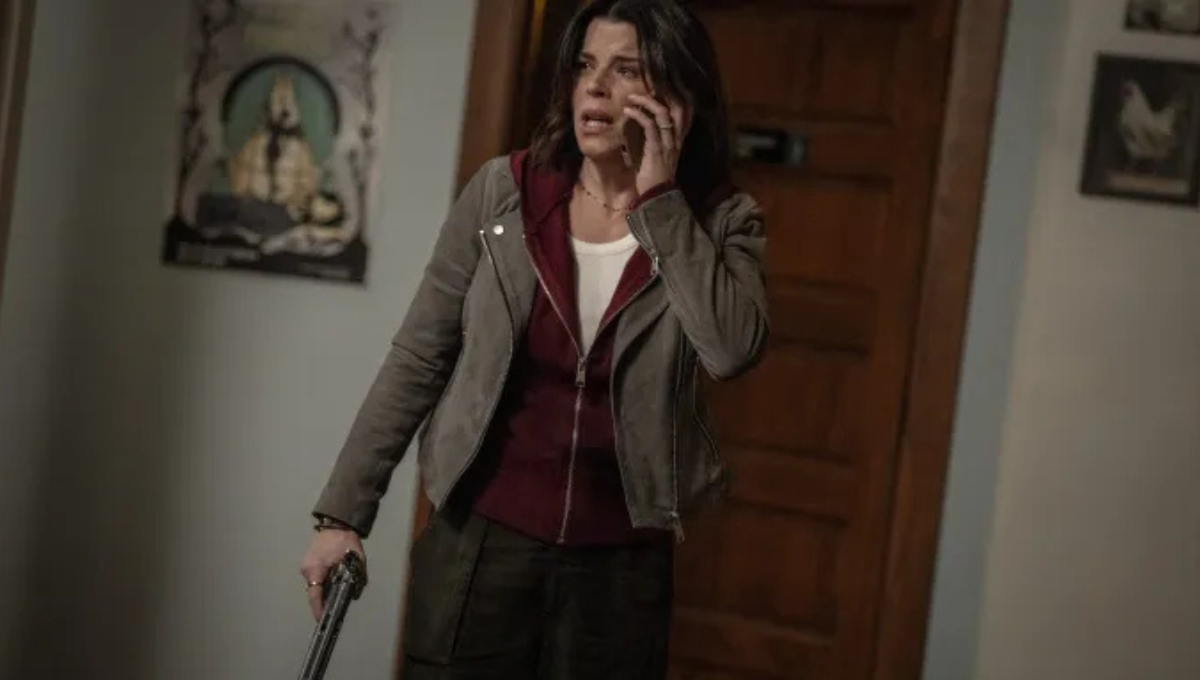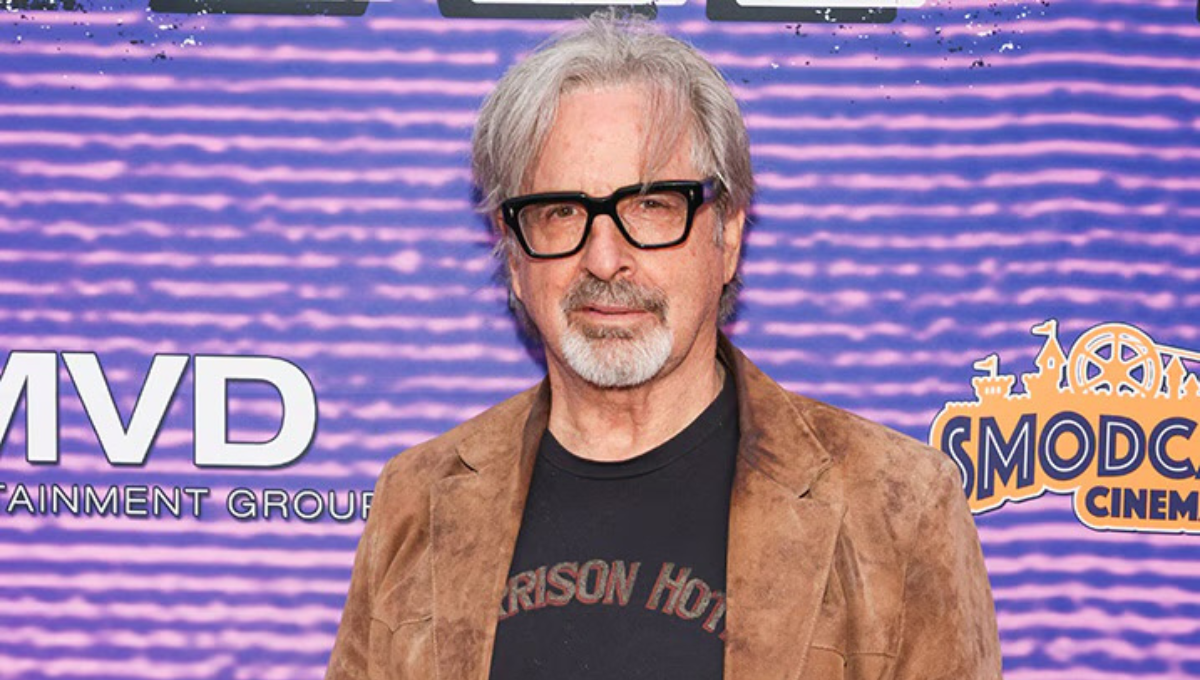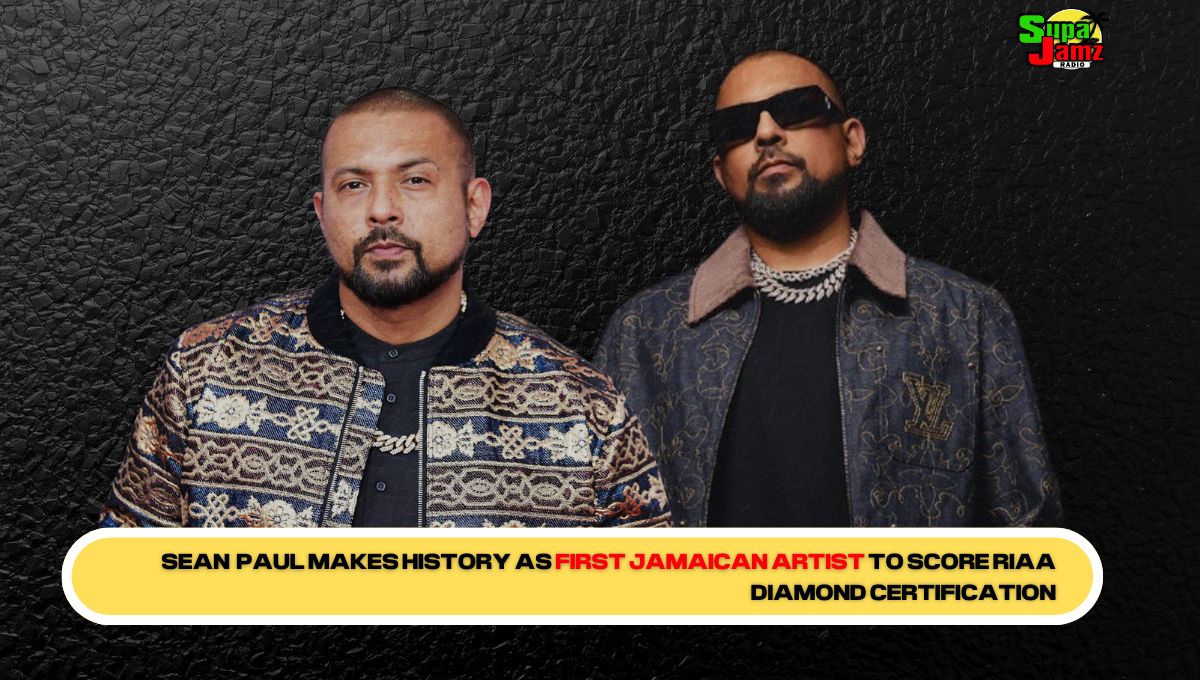Jazzie B, born Trevor Beresford Romeo in 1963, is a British DJ, music producer, and entrepreneur best known as the founding member of the legendary music collective Soul II Soul. Rising to prominence in the late 1980s, Jazzie B and his group became one of the defining voices of the British soul and R&B scene, blending elements of funk, reggae, house, and hip-hop to create a unique and enduring sound.
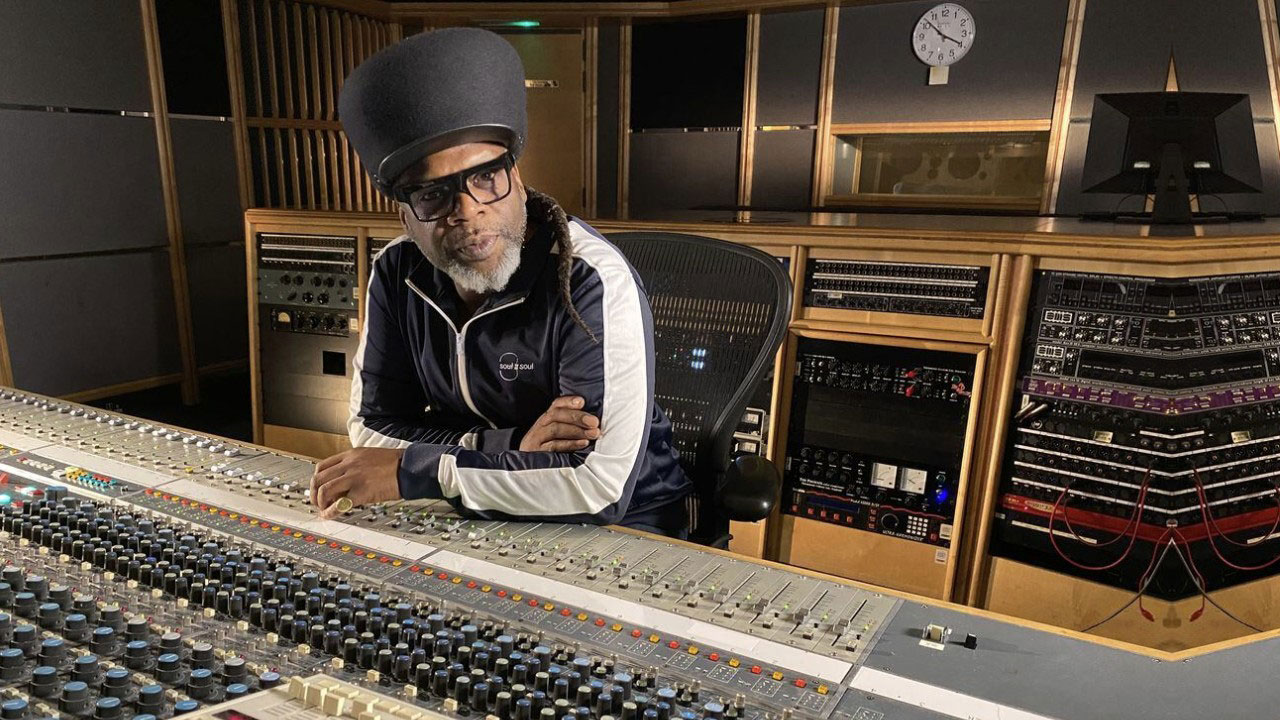
Early Life and Inspiration
Growing up in London’s Finsbury Park, Jazzie B was immersed in a multicultural environment that exposed him to a wide range of musical influences. This eclectic mix of sounds became the foundation of his work, with Jamaican reggae, West African rhythms, and American soul and funk leaving a particularly profound impact. His involvement in the London sound system culture—where he was known for his exceptional skills as a DJ—shaped his early career. The underground scene taught him about connecting with audiences and innovating with sounds.
Founding of Soul II Soul
In 1988, Jazzie B formed Soul II Soul alongside Caron Wheeler, with the goal of uniting London's diverse musical influences under a single collective. Their sound quickly gained a reputation for its originality, with a deep bass groove, soulful vocals, and a unique style that set them apart from mainstream pop. Jazzie’s mantra of "a happy face, a thumping bass, for a loving race" embodied their ethos, resonating with audiences who were looking for authentic and uplifting music.
The collective's breakout moment came in 1989 with the release of Club Classics Vol. One, featuring hits like Keep on Movin’ and Back to Life (However Do You Want Me). These tracks, led by Wheeler’s powerful vocals and Jazzie B’s visionary production, catapulted Soul II Soul into global stardom. Back to Life especially became an international anthem, reaching the top of the charts in multiple countries and helping Soul II Soul win a Grammy in 1990.
Cultural Impact and Legacy
Jazzie B and Soul II Soul weren't just musical pioneers; they influenced fashion, lifestyle, and the cultural landscape. Known for their distinct Afrofuturist style, Jazzie and his group often dressed in flowing, African-inspired garments, wearing locks and braids. This style wasn’t just about fashion; it was a powerful statement of Black pride and unity at a time when representation in the British media was limited.
The legacy of Jazzie B’s work goes beyond music. Soul II Soul’s themes of positivity and community have endured, and their sound continues to inspire new generations of musicians. They’ve influenced artists across genres, from R&B and hip-hop to electronic and pop.
Jazzie B’s Ventures Beyond Music
After the initial success of Soul II Soul, Jazzie B continued his career as a successful DJ, often returning to his roots to connect with audiences worldwide. In addition to his DJ work, he has ventured into various entrepreneurial projects, including clothing lines, which maintain the distinct aesthetic that Soul II Soul popularized. His influence has been recognized by the British monarchy, receiving an OBE (Order of the British Empire) in 2008 for his services to music.
Jazzie B’s impact on the music world and beyond is immeasurable. As a pioneer of British soul, he introduced a new way of blending diverse musical influences into a cohesive sound that resonated globally. His contributions to the music scene have cemented his status as a cultural icon, and his work continues to inspire future generations to embrace authenticity, creativity, and unity. Soul II Soul remains a reminder of the power of music to bridge divides and bring people together, and at the heart of it all is Jazzie B, a man with a vision that transformed British music forever.





